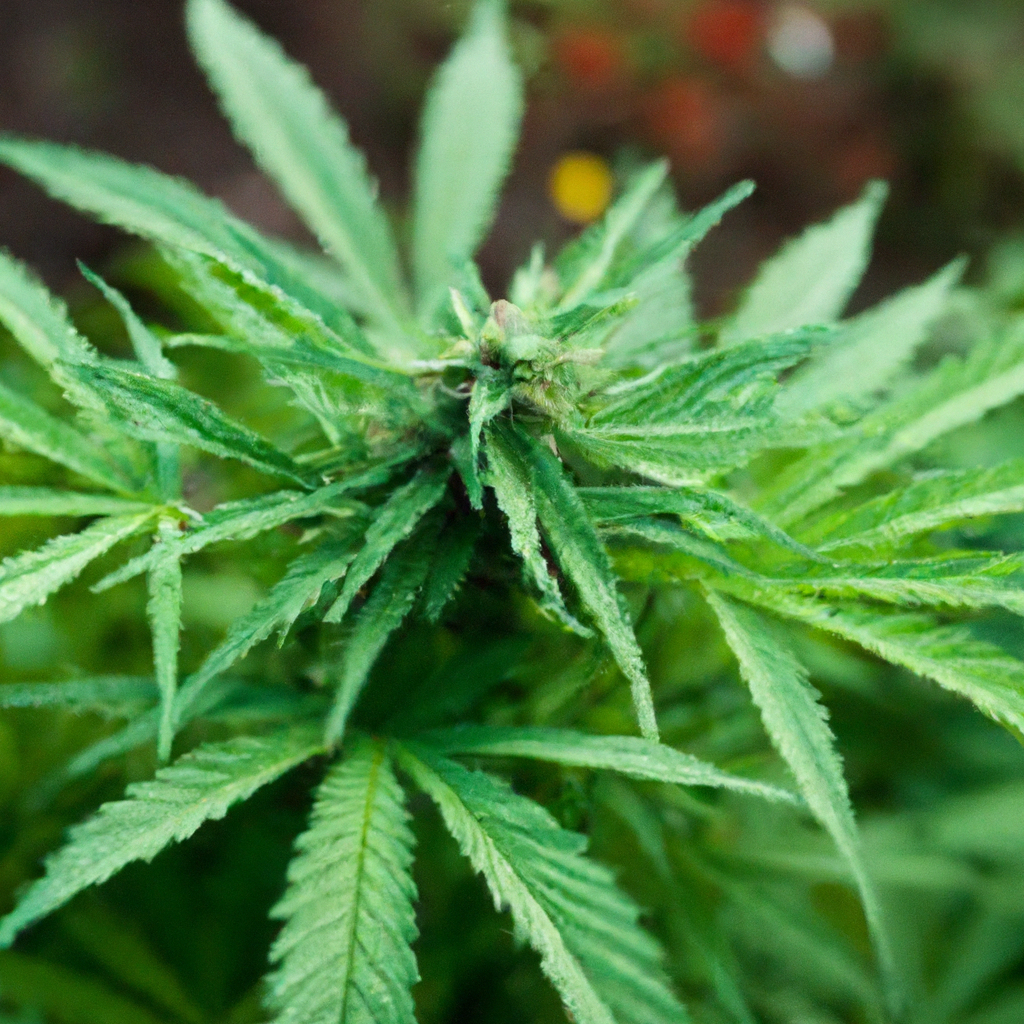Your cart is currently empty!
The world of cannabis cultivation is evolving rapidly, with many growers seeking more sustainable and eco-friendly methods. Organic growing stands out as a trusted approach, enhancing the plant’s natural potency while minimizing environmental impact. This guide explores the top practices for organic cannabis cultivation, focusing on natural fertilizers, composting, and alternative pest control. Let’s delve into how you can create a thriving, organic cannabis garden that’s as good for the planet as it is for your harvest.
1. Foster a Rich Soil Ecosystem
Healthy soil is the bedrock of successful organic cannabis cultivation. Traditional methods often involve synthetic chemicals that degrade soil over time. Instead, strive to build a flourishing ecosystem within your soil. Here’s how you can do it:
- Composting: Use household scraps such as vegetable peelings and coffee grounds to create nutrient-rich compost. This natural fertilizer enriches the soil, providing essential nutrients for plant growth.
- Mulching: Apply organic mulch, like straw or wood chips, to conserve moisture and foster beneficial microbial activity. Mulch also acts as a natural weed suppressant.
- Crop Rotation: Rotate cannabis plants with legumes or cover crops. These plants naturally fix nitrogen in the soil, enhancing its fertility without synthetic inputs.
2. Adopt Natural Fertilizers and Amendments
Natural fertilizers not only provide essential nutrients but also promote sustainable farming practices. Embrace these organic amendments in your cannabis cultivation:
- Worm Castings: This natural soil amendment is rich in nitrogen, phosphorus, and potassium (NPK), crucial for healthy cannabis growth.
- Bone Meal: An excellent source of phosphorus, bone meal supports root development and flowering.
- Fish Emulsion: A quick-acting organic fertilizer ideal for leaf growth, providing a balanced nutrient profile.
3. Implement Natural Pest Control Techniques
Maintaining a chemical-free garden doesn’t mean compromising on pest control. Organic cultivators can adopt several eco-friendly methods to protect their crops:
- Beneficial Insects: Introduce ladybugs or predatory mites to the garden. These natural predators help control aphid and spider mite populations.
- Companion Planting: Use plants like basil, garlic, or marigold to naturally repel pests without harming beneficial insects.
- Neem Oil: This natural pesticide disrupts pest lifecycles while remaining safe for plants and non-target organisms.
4. Sustainably Promote Healthy Growth and Yield
Beyond the individual elements of soil, fertilization, and pest control, sustainability in cannabis growing involves holistic practices that benefit both the environment and consumers:
- Water Conservation: Utilize rainwater collection or drip irrigation systems to efficiently provide water while minimizing waste.
- Energy Efficiency: If growing indoors, invest in LEDs or low-energy lighting that reduces energy consumption.
- Closed-Loop Systems: Design your garden to recycle nutrients and waste, minimizing resource import and export.
Conclusion
Organic cannabis cultivation offers immense benefits, from enhancing the plant’s natural profile to reducing environmental harm. By embracing these natural and sustainable techniques, growers can produce superior cannabis that respects the environment and appeals to increasingly eco-conscious consumers. Start cultivating with nature’s blueprint today and enjoy a cleaner, greener harvest.
Discover more from Magic Clones
Subscribe to get the latest posts sent to your email.


Leave a Reply